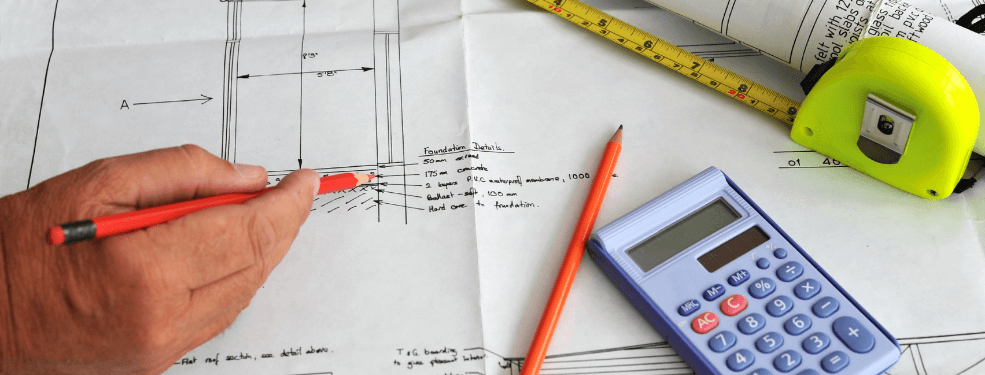In simple terms, planning permission is the approval needed before various forms of construction, expansion or sometimes demolition can begin.
It is often required if you are:
- building something new
- making a major change to your building, such as building an extension on your home
- changing the use of your building
In Northern Ireland, you would need to apply for planning permission if you are to:
- add to or extend a flat or maisonette, including those converted from houses
- divide part of your house for use as a separate home (for example, a self-contained flat or bed-sit)
- use a building or caravan in your garden as a separate residence for someone else
- build a separate house in your garden
- build something which isn’t allowed under the original planning permission for your house
When to apply for Planning Permission
You should apply for and be granted planning permission by your local planning authority (LPA) before a building project begins.
Making a Planning application
You can make a planning application yourself or you can employ an agent to help you with your application.
Once you have submitted your application to your local planning authority (LPA), you should receive a decision on your application within eight weeks.
Applying for planning permission can be time consuming and a fee is required for the planning office to consider your plans, but, if it takes you one step closer to owning your dream property, it could all be worth it.
Fees for Planning Permission
A fee will be decided on by your local planning office and it will be based on the complexity of your planning application. Your local planning office will be able to confirm the details of the fee before your planning application is considered, so that you are given the chance to decide whether you would like to proceed with the application or not.
Importance of Planning Permission
If your building project needs planning permission and you do the work without getting permission, you can be served an enforcement notice ordering you to undo all the changes you have made if you do not retrospectively apply for planning permission.
It is illegal to ignore an enforcement notice and the council or Department for Infrastructure (DfI) can take legal action.
Further planning considerations
If you are planning to undertake building work on your property, you may want to consider other consents or approvals that may be needed alongside your planning permission.
Examples of this would include:
- letting your neighbours know about the building work you want to do on your property
- considering the design of the property and how it might look beside other houses in your street or in your surrounding landscape
- making sure the new design of your property does not make you vulnerable to crime, for example, burglaries
- checking if there are covenants or other restrictions in the title to your property, or conditions in the lease that you might need someone else’s agreement on before you do certain work on your property.
At McPartland & Sons, our professional conveyancing solicitors will work to complete an easy transition. For more information on how we can help, visit our website. Alternatively, you can visit the NI Direct website for more details on planning permission and how you can apply.

